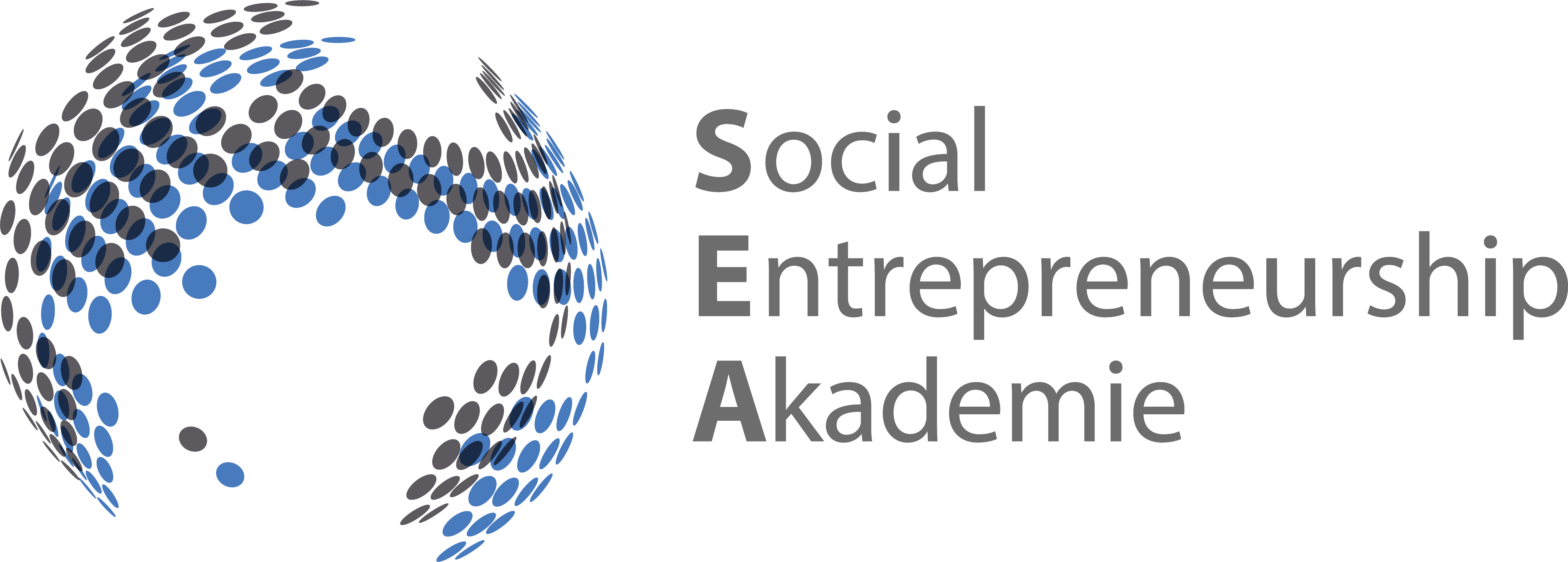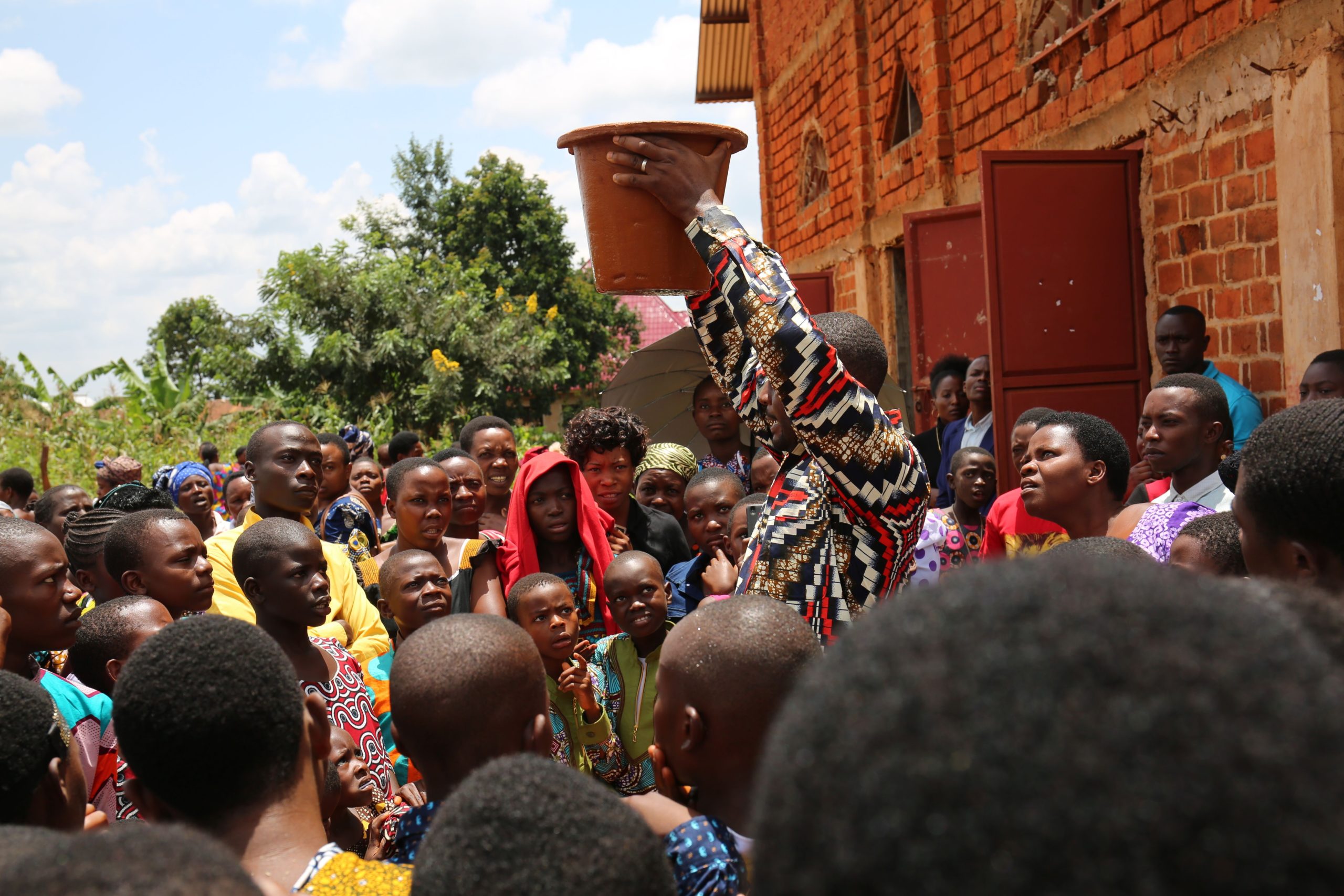
How ambitious students want to make access to clean drinking water possible for all using a simple water filter
Motivated students, four raw materials and a simple but innovative concept. That’s all it takes to tackle one of the world’s most acute problems. According to statistics published by the World Health Organization (WHO) in 2018, more than 840 million people still have no access to clean drinking water. This leads to an accelerated spread of diseases such as cholera, as well as abstinence from school and work and in some cases even death.
To counteract this problem, Munich students launched the Waterfilter project under the patronage of Enactus Munich. The aim of the project, which started in Kigoma, Tanzania, in 2015, was to enable people to access clean drinking water for themselves and for others through entrepreneurial activities. Only four materials are needed for this ambitious project: Water, sawdust, clay and silver nitrate. The advantage of these raw materials is their worldwide availability, so that the materials can be sourced locally almost anywhere and production is not dependent on a specific location.
To ensure the constant quality of the filter production, the water filter employed is pressed with a manual filter press. The essential step for the functioning of the filter is burning at high temperatures, where the organic material burns and leaves micropores in the clay. The water is filtered through these pores and freed from any contamination. To ensure that bacteria which can cause serious health damage, such as cholera, even in very small quantities, are killed beforehand, a thin layer of silver nitrate is applied to the water filter after being burned. The silver nitrate, however, does not reach the purified water through filtration and is verifiably harmless to the human organism.
The filters are produced by a Waterpreneur and then sold in the region at a fair price. The entire profit goes to the Waterpreneur, which not only actively combats dirty drinking water but also creates employment. A key approach of the project is educational work, in which the inhabitants are made aware of the topic through targeted workshops and the distribution of flyers and booklets to schools and public institutions.
After the successful completion of the pilot project in Kigoma, the team under the leadership of Stefan Gerbes (TUM-BWL) and Maximilian Rehschütz (TUM-BWL) set up a new location in Kasulu, Tanzania. In March, three members of the project and students of the TU Munich travelled to Tanzania to get a better idea of the production and the goals achieved so far. During the trip, which was financially supported by the TU through the TUM-without-Borders program, essential partnerships were established in addition to workshops and awareness-raising work. These partnerships make the team confident that the ambitious goal of providing all people in Tanzania with access to clean drinking water will eventually become reality.
If you are interested in the topic and would like to get involved: Here you can find many more projects of Enactus Munich.
